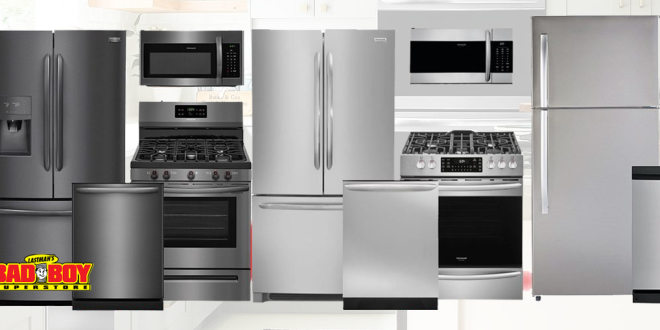Smart home appliances are increasingly becoming popular among homeowners. Life seems easier and more convenient with them. But is investing in them really worth it? In this article, we’ll explore the advantages and disadvantages of smart home appliances that will help you make an informed decision.
Advantages
Smart home appliances use technology to automate tasks and provide real-time data. These allow users to control and monitor their homes from smartphones or other devices. Let us see the various advantages associated with them:
Convenience
You can enjoy unparalleled convenience with smart devices. These appliances give you the ability to control your home from your phone. You can turn off lights, adjust thermostats, and even start your dishwasher or washing machine from anywhere, at any time.
Energy Savings
When looking for energy-efficient devices, these smart appliances are a perfect pick. With their help, you can reduce your energy bills and carbon footprint. Many Samsung appliances can even detect when you’re not home and adjust settings accordingly, thus saving you money on utilities.
Increased Safety and Security
You get an extra layer of safety and security for your home. For example, a smart thermostat can alert you if there’s a problem with your HVAC system. While a smart smoke detector can send an alert to your phone if there’s a fire in your home. This keeps you at peace about the safety of your family back home.
Improved Comfort
Enjoy more comfort at home with smart devices. These can automatically adjust settings to your preferences. For example, a smart thermostat can learn your temperature preferences and adjust accordingly, while a smart air purifier can detect and remove pollutants from the air.
Disadvantages
Well, there are numerous advantages associated with smart home appliances. But some cons are also associated with them:
Complexity
Setting up and using these machines or devices can seem complex to some. But once you become comfortable with technology and willing to spend time learning how to use and troubleshoot the appliances, these will make things done effortlessly.
Dependence on Technology
Smart home appliances are reliant on technology, which means that if there’s a problem with the app or the device itself, you may not be able to control or monitor your appliances. This can be frustrating and inconvenient.
Is It Worth the Investment?
Ultimately, whether or not smart home appliances are worth the investment depends on your individual needs and preferences. If you value convenience, energy savings, and increased safety and security, smart home appliances may be a good choice for you. However, if you’re on a strict budget or prefer simpler appliances, traditional options may be a better fit.
Concluding
Make an informed decision after understanding the pros and cons and choosing appliances that meet your needs. If you decide to invest in smart home appliances, it’s essential to do your research on appliance sales and choose appliances from reputable manufacturers. You’ll also want to take steps to secure your network, such as using strong passwords and regularly updating your software.
 Pagalmusiq.com Popular News Update Website | Pagalmusiq.com
Pagalmusiq.com Popular News Update Website | Pagalmusiq.com




